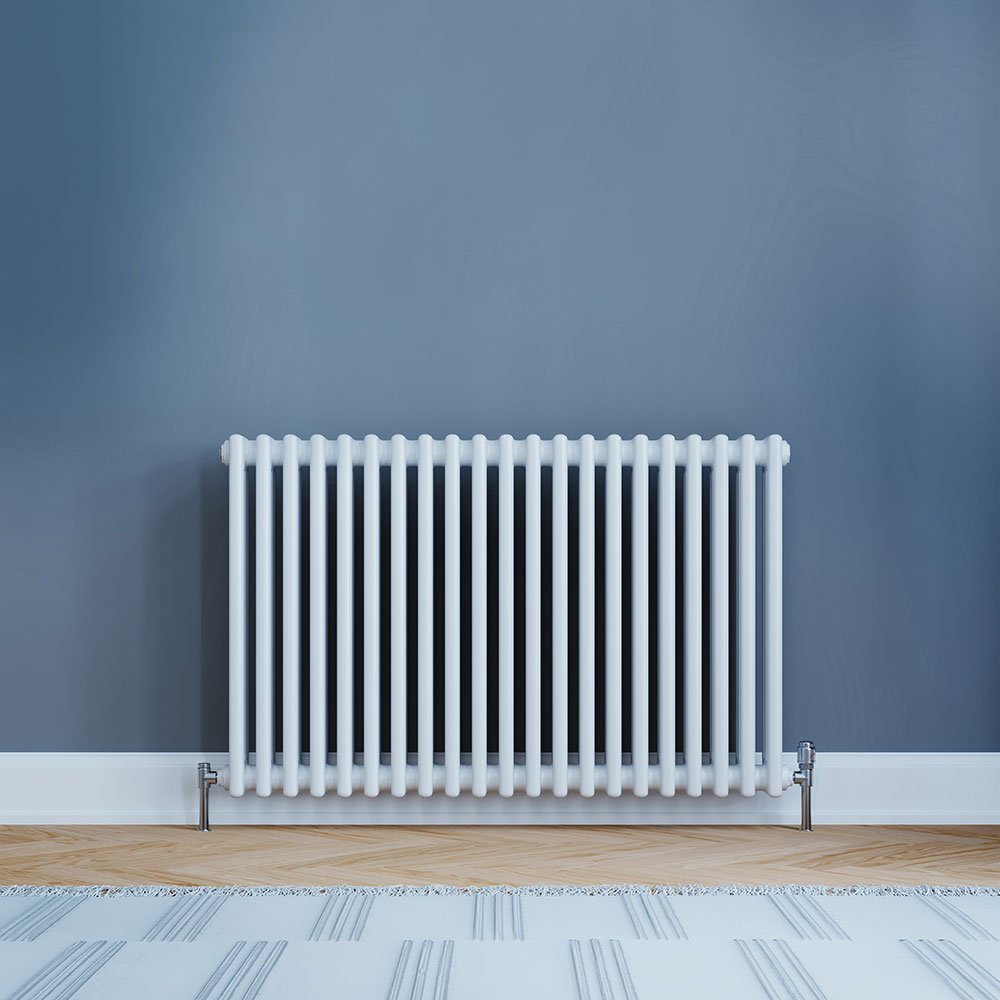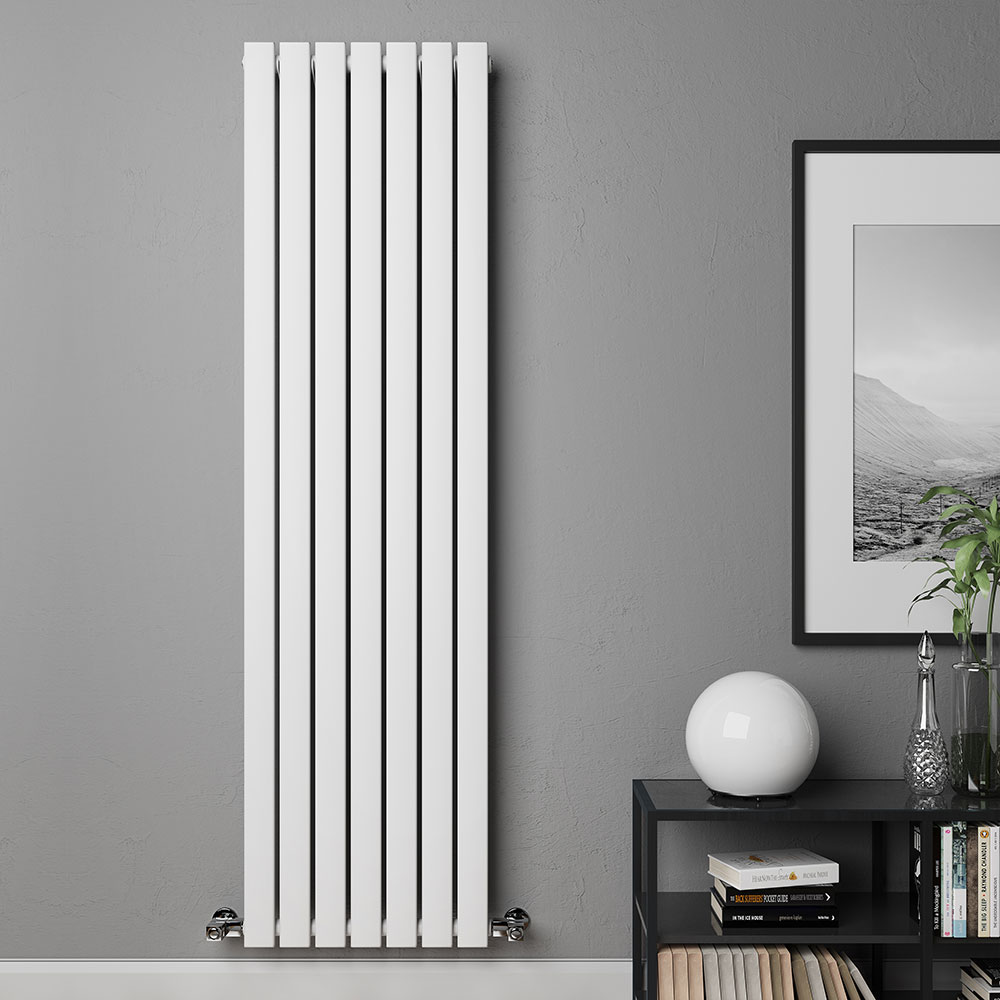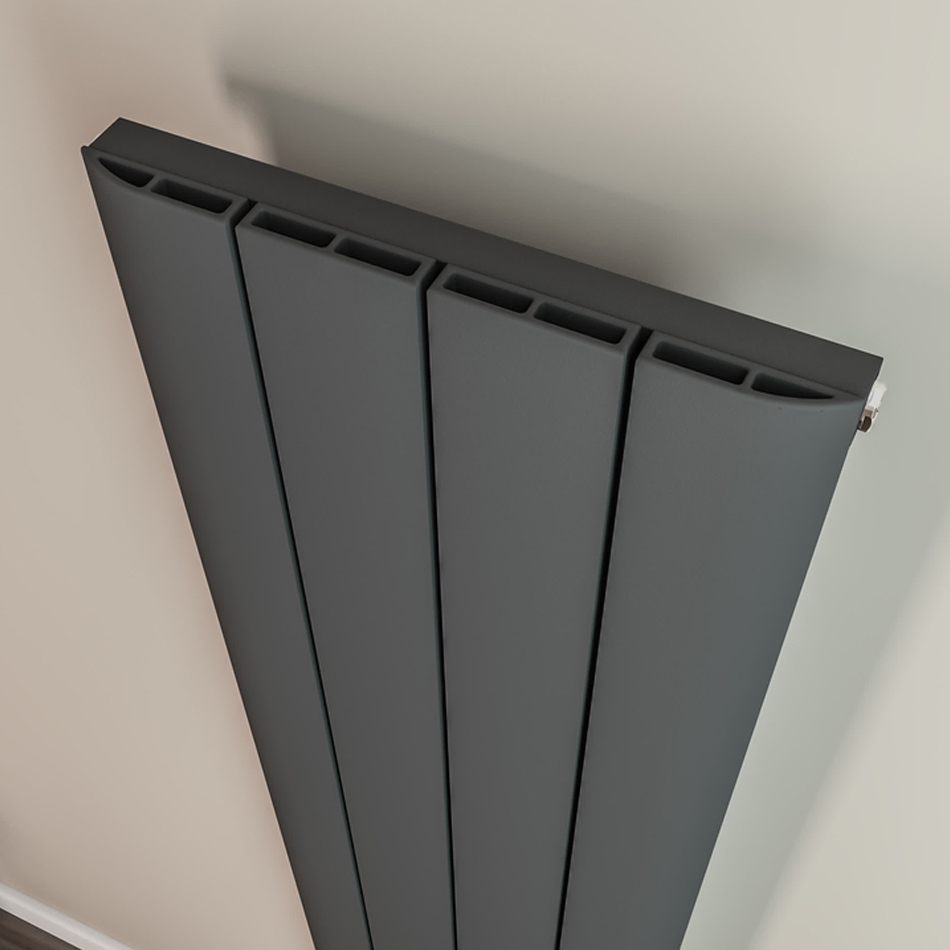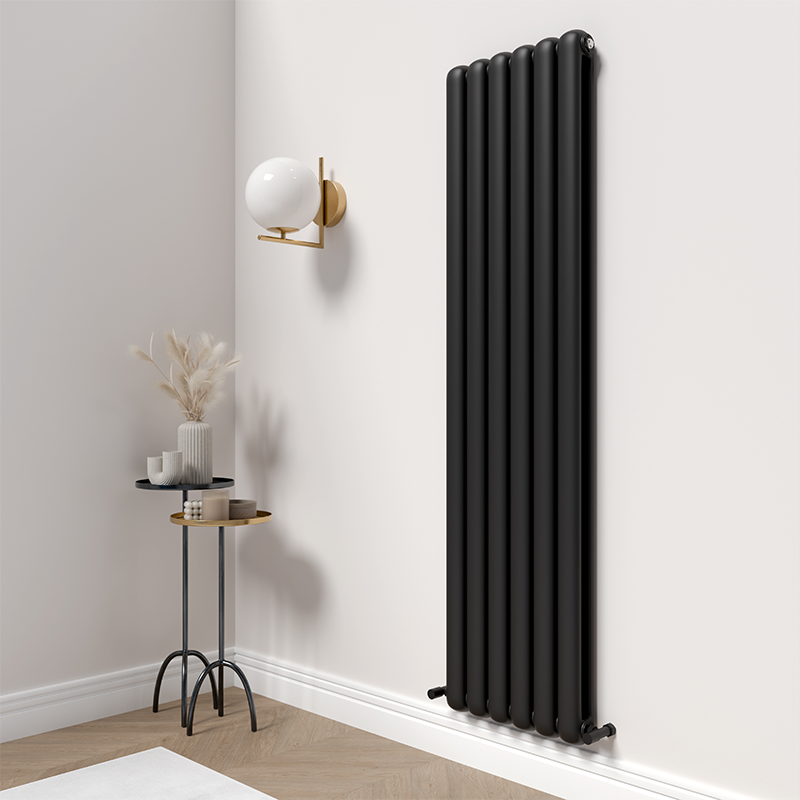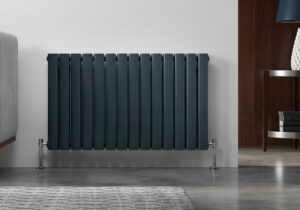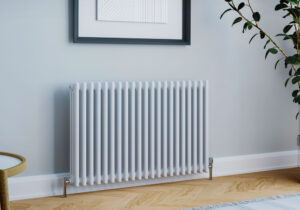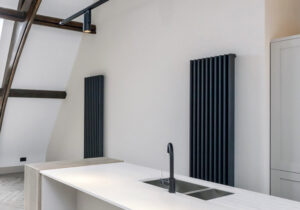
3 Common Buying Mistakes To Avoid
Discover the common mistakes homeowners make when buying radiators and learn how to avoid them. This guide highlights the importance of understanding BTU requirements, optimal radiator placement, and balancing style with functionality. Ensure your home stays warm and comfortable during the colder months by making informed choices about your heating system. Find out how to select the right radiator to suit your needs and improve efficiency in your living space.



